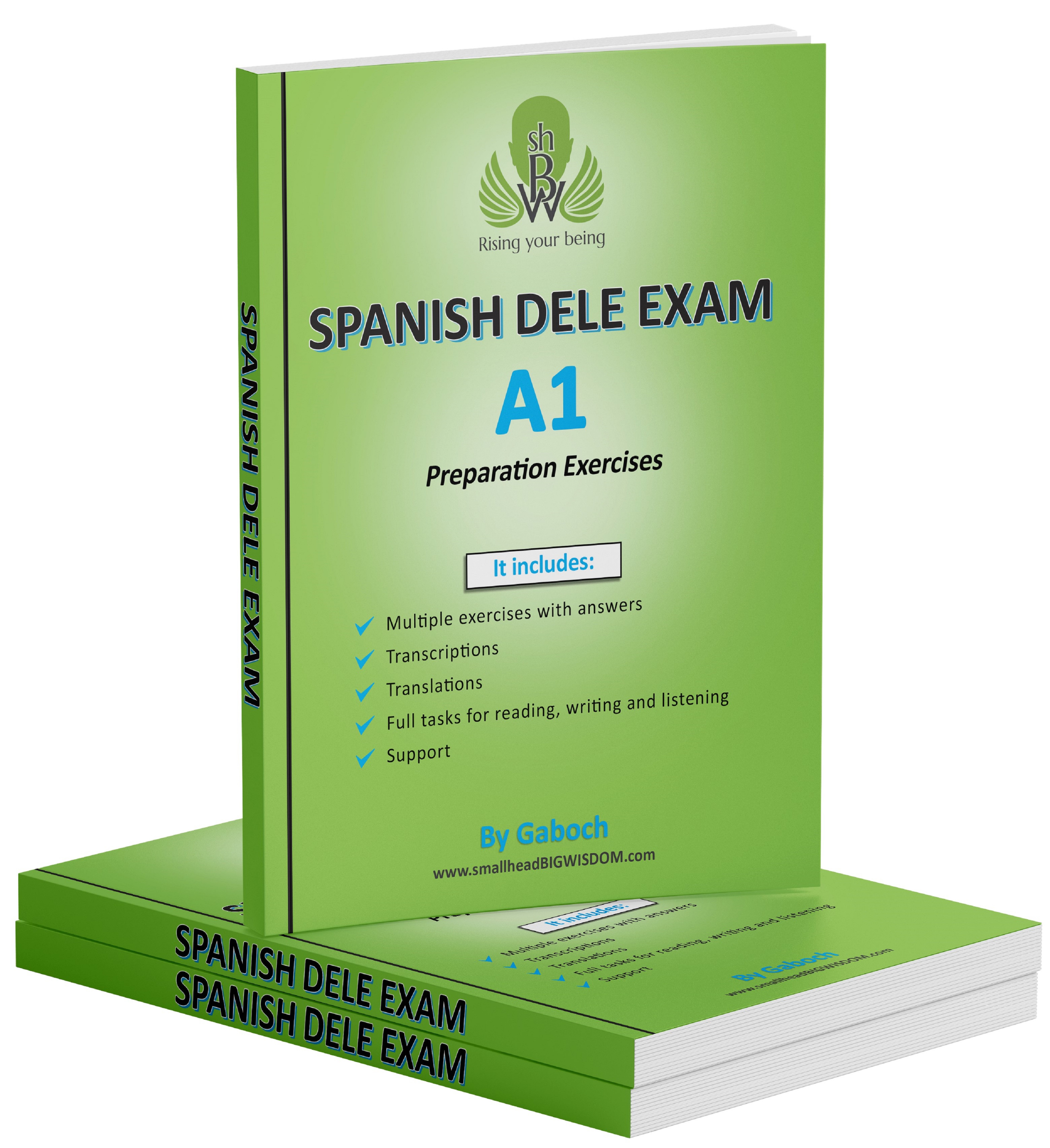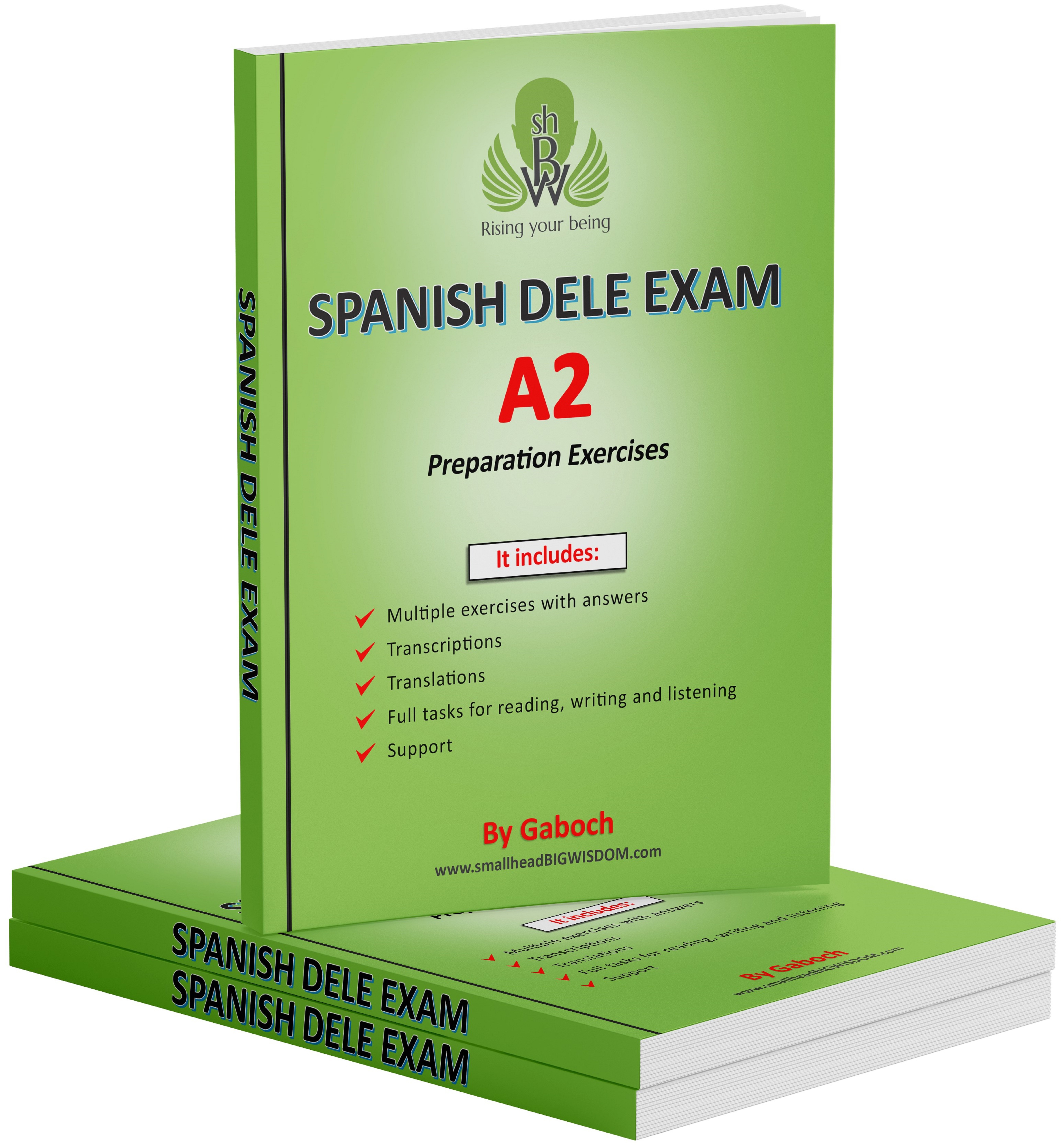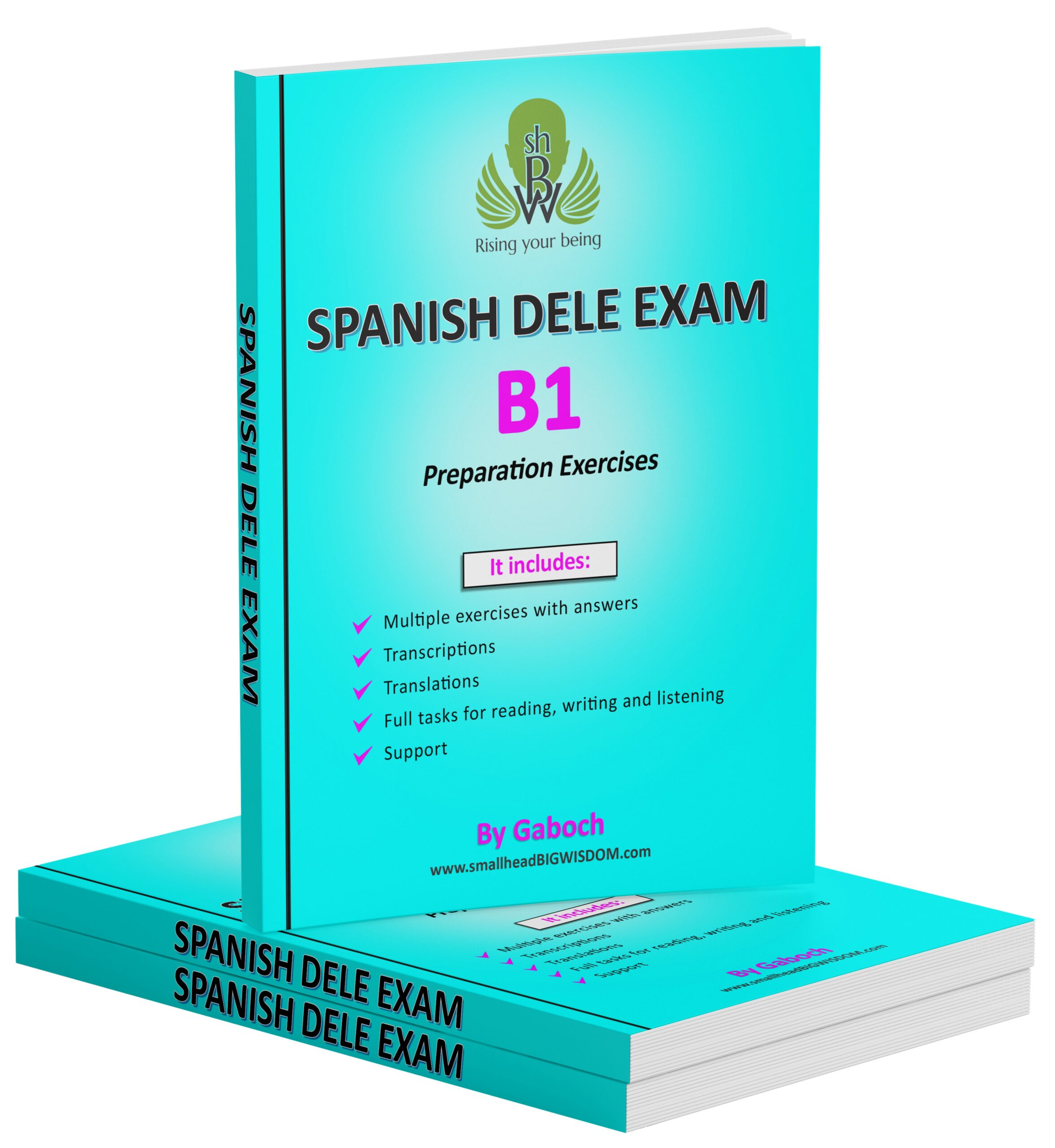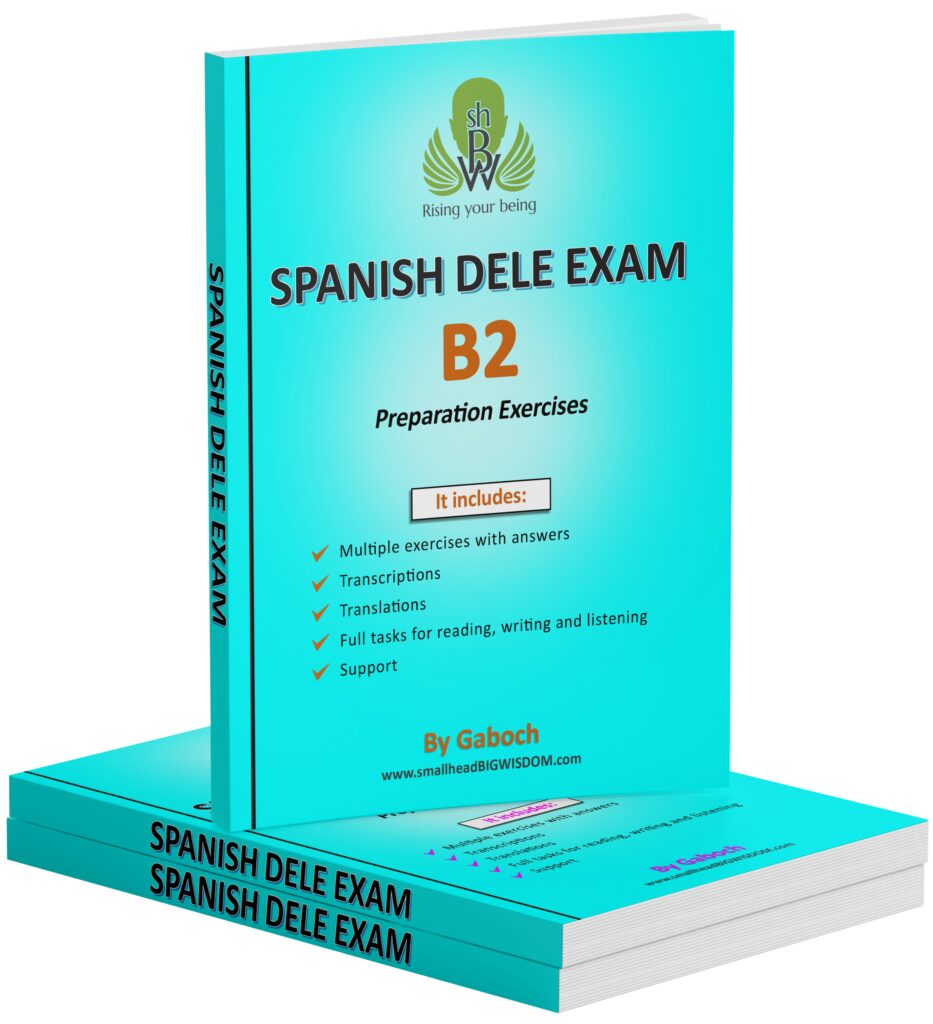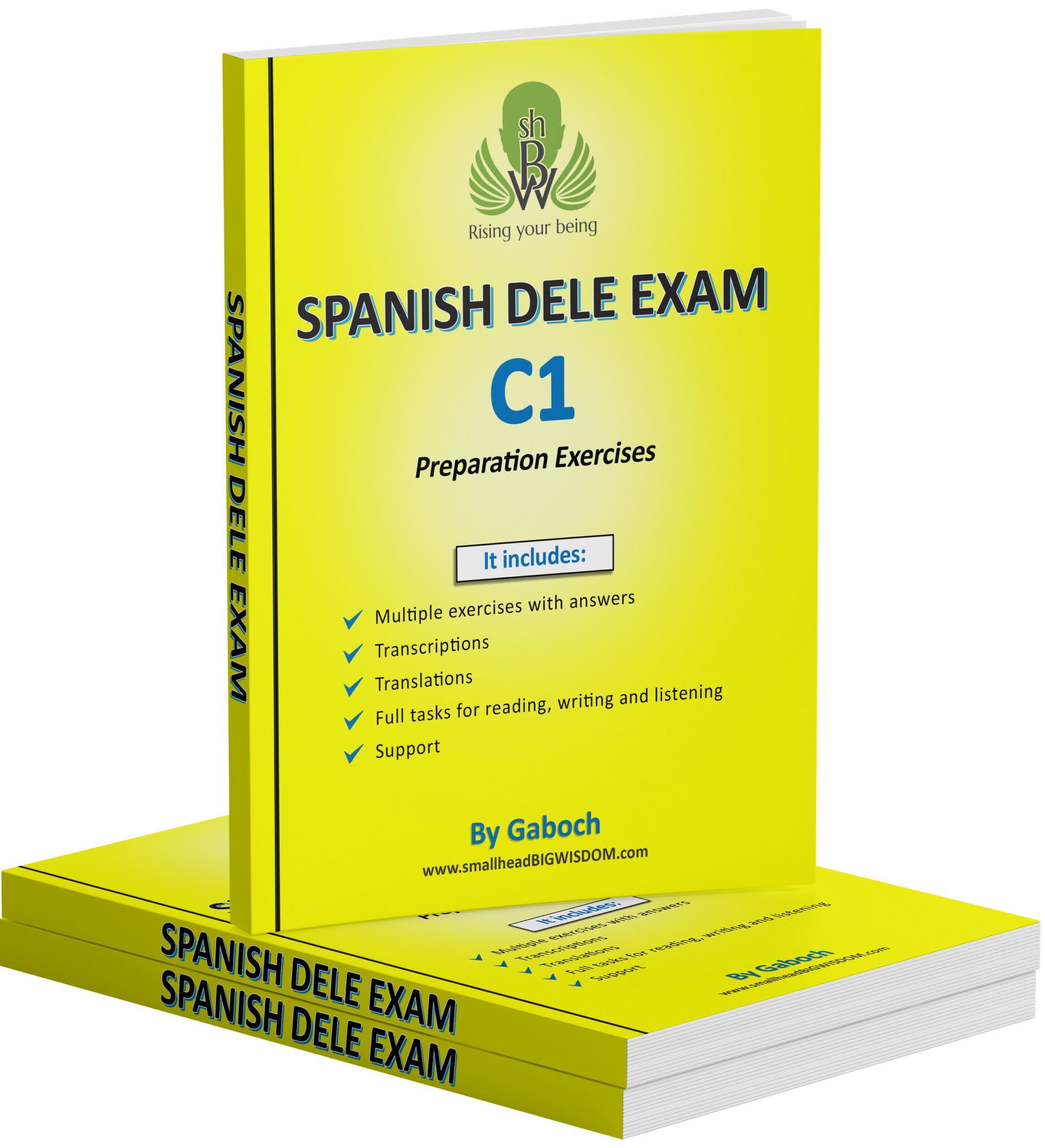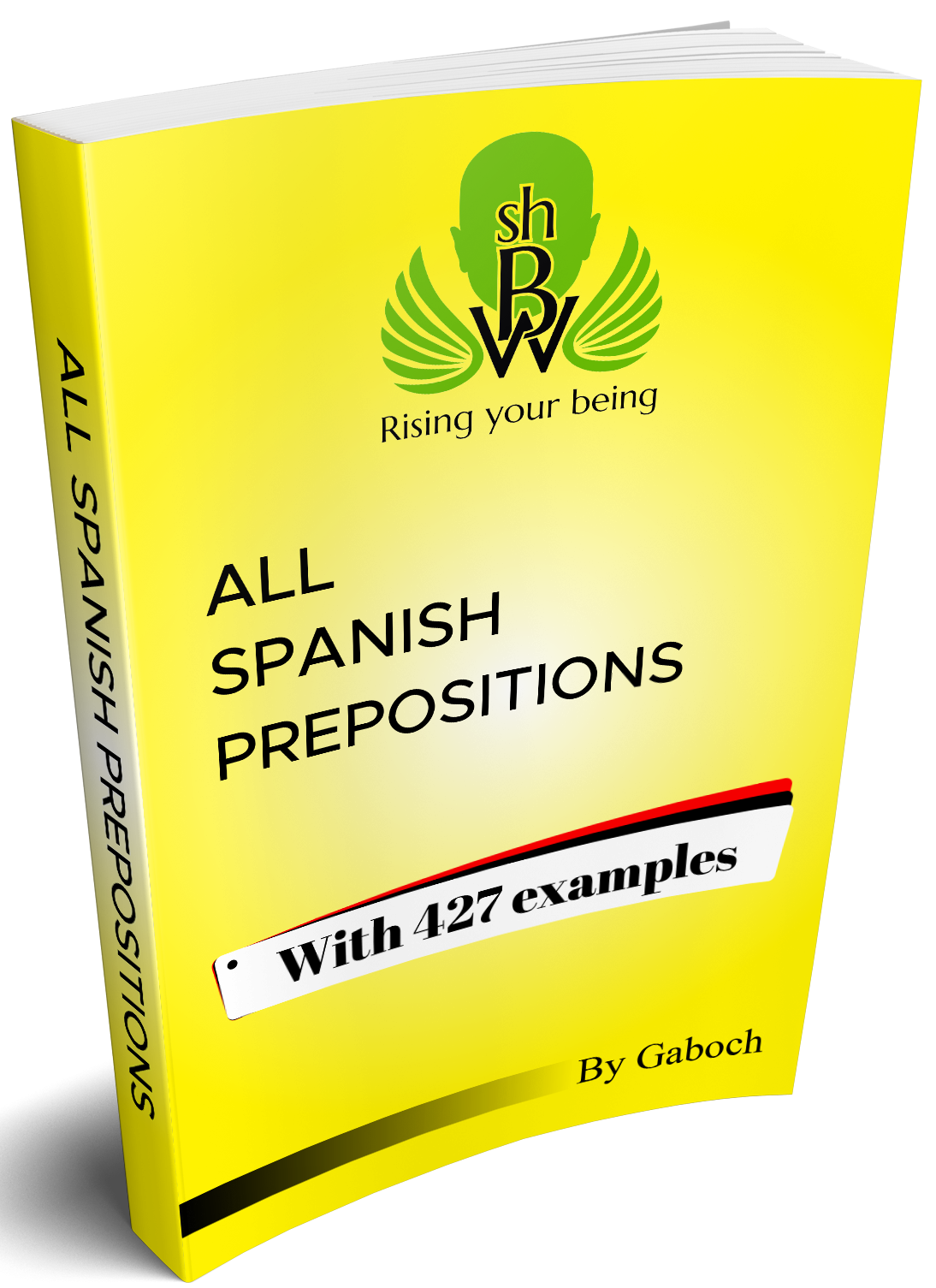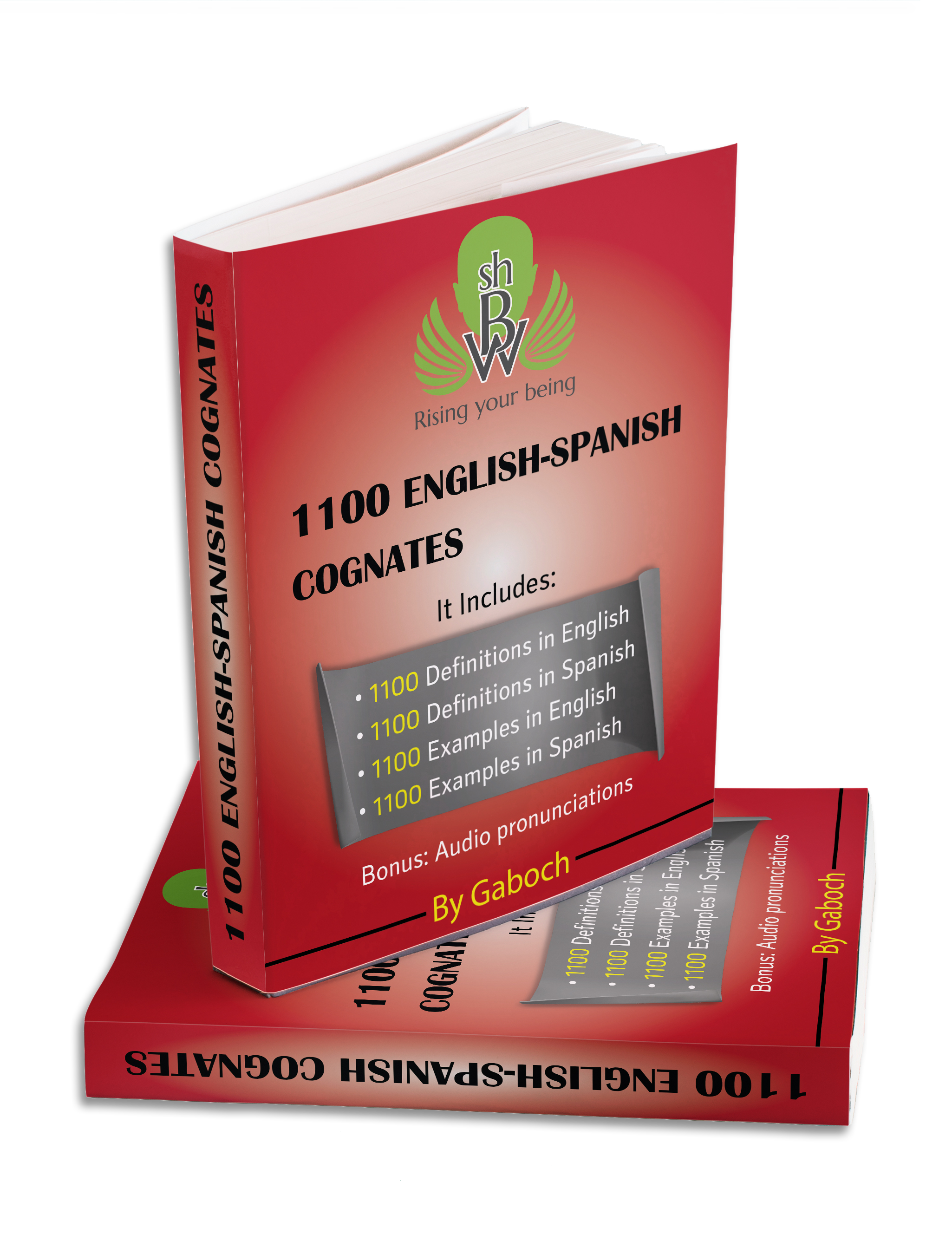smallhead BIGWISDOM
Rising your being
Uses of SER
The verb “ser” corresponds to the English verb “to be”. Some of the most common uses are:
- To describe people or things.

- Yo soy David (I’m David)
- María es hermosa (Maria is beautiful)
- Los gatos son blancos (The cats are white)
- Esa silla es muy pequeña (That chair is very small)
- With nationalities or origin.

- Ella es coreana (She is Korean)
- Soy de Bogotá (I am from Bogota)
- Son cervezas de Alemania (They are German beers)
- With religions

- Ella no es católica (She is not Catholic)
- Mi amigo es musulmán (My friend is Muslim)
- With occupations or professions

- Arturo es profesor de química (Arthur is a teacher of Chemistry)
- Soy vendedor de seguros (I am an insurance seller)
- Somos estudiantes de idiomas (We are language students)
- With dates and time

- La reunión es a las 5 p. m. (The meeting is at 5 p.m.)
- Hoy es miércoles (Today is Wednesday)
- El cumpleaños de Susana será el 15 de mayo (Susana’s birthday will be in May 15th)
- With materials that things are made of

- La camisa blanca es de seda (The white shirt is made of silk.)
- La cadena es de oro puro (The chain is made of pure gold.)
- With relationships

- Ella es mi madre (She is my mother)
- Carlos es mi jefe (Charles is my boss)
- Pedro y felipe son hermanos (Peter and Philip are brothers)
- Andrea fue mi mejor amiga (Andrea was my best friend)
- With locations but ONLY of events

- La boda fue en la catedral central (The wedding was held at the Central Cathedral)
- La conferencia será en el centro de convenciones (The conference will be at the Convention Center)
- To indicate possession

- El auto blanco es mío (The white car is mine)
- Esas joyas son de mi esposa (Those jewels are my wife’s)
- When “ser” and “estar” are correctly possible, “ser” must be used to indicate something permanent and “estar” to indicate something temporary. (Note: This rule is applicable only when both verbs are possible).

- Soy feliz (I am happy) It implies a permanent or mostly state of happiness. Ex. Soy una persona feliz (I am a happy person)
- Estoy feliz (I am happy) It implies a temporary state of happiness. Ex. Estoy feliz hoy (I am happy today)
- Ella es muy irritable (She is irritable) (Almost always)
- Ella está muy irritable (She is very irritable) (at this moment)
Get the book about 1100 English-Spanish Cognates!
Bonus: Audio pronunciations
Get it now!
(See Table of Content)
